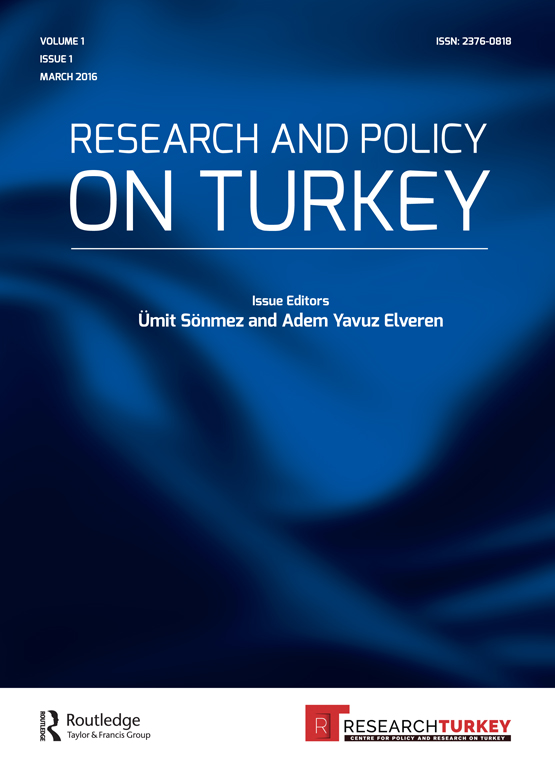Conference: “THE LOST AND THE NEW WORLDS OF WELFARE” which requires a submission of paper in Stream 1 “The role of policy entrepreneurs, advisers and experts in the diffusion of social policy”
Organizers: CfP Stream 1, Elke Heins, University of Edinburgh (elke.heins@ed.ac.uk) and Hartwig Pautz, University of the West of Scotland (hartwig.pautz@uws.ac.uk).
Venue and Date: University of Southern Denmark 3-5 September
Abstracts should be sent to espanet2015@sdu.dk by the 10th of March 2015.
For detailed information you can click here to go to the related website :
Description of Stream 1:
Important changes have taken place in the last two decades in European welfare states regarding the main types of social policy actors. In the ‘old’ world of welfare, key actors used to mainly comprise government executives and bureaucrats, political parties as well as trade unions and employer organisations, the latter often enjoying official consultation status through institutionalised corporatism. In the ‘new’ welfare state, an increasingly fragmented and competitive mixed economy of policy advice involving think tanks, lobbying groups, advocacy organisations, unelected special policy advisers and international bodies providing expertise to governments in addition to the old stakeholders are found. This shift has partly been fuelled since the 1990s by a trend towards a seemingly pragmatist and evidenced-based ‘What Works?’ approach to policy making replacing allegedly more partisan political and ideological approaches of earlier decades. As a result, various think tanks, international experts, scientific advisers and other new ‘policy entrepreneurs’ gained significant influence on the policy process and the spreading of ideas.
This stream proposal suggests analysing the role of such new ‘knowledge breakers’ in the production of social policy responses in the ‘Age of Austerity’ and, importantly, their role in the diffusion of these policy responses within and across welfare states. Envisaged papers for this stream to engage, inter alia, with some of the following questions:
What insights do we have into the role of the various new policy actors for policy-making and diffusion of ideas in ‘hard times’?
What are the strengths and weaknesses of existing policy advice landscapes in different welfare states with respect to policy production and diffusion?
What are the politics of ‘knowledge’ diffusion?
Who produces ‘knowledge’ and who produces ‘ignorance’ (through concealing evidence or spreading of misinformation, e.g. of the effects of the suggested solutions or the availability of alternatives)?
Which strategies are employed to influence social policies and in what direction is policy change being influenced?
What impact does the different influence of some of these new actors have on welfare policy design?
Contributions engaging with such questions are invited in relation to social policy reforms throughout Europe in recent decades, particularly since the 2008 Financial Crisis, Great Recession and related Euro Crisis. While the fiscal response to the crisis in the 1970s primarily involved increases in government spending, in the current crises governments have relied predominantly on tax cuts to stimulate the economy and on spending cuts to achieve fiscal consolidation while also arguing for structural reform. The patterns of response thus follow recent paths of welfare state change, including a turn towards ‘activation’ through toughening access to unemployment and other benefits, as well as curtailing public expenditure in the areas of health care, pensions and education. It is thus an intriguing and important question what role any new groups producing policy advice played in creating this hegemonic discourse and how other ideas have been marginalised.
The stream invites paper proposals that address these issues with various methodological approaches. Studies are welcomed from specific social policy areas as well as broader welfare state analyses.



